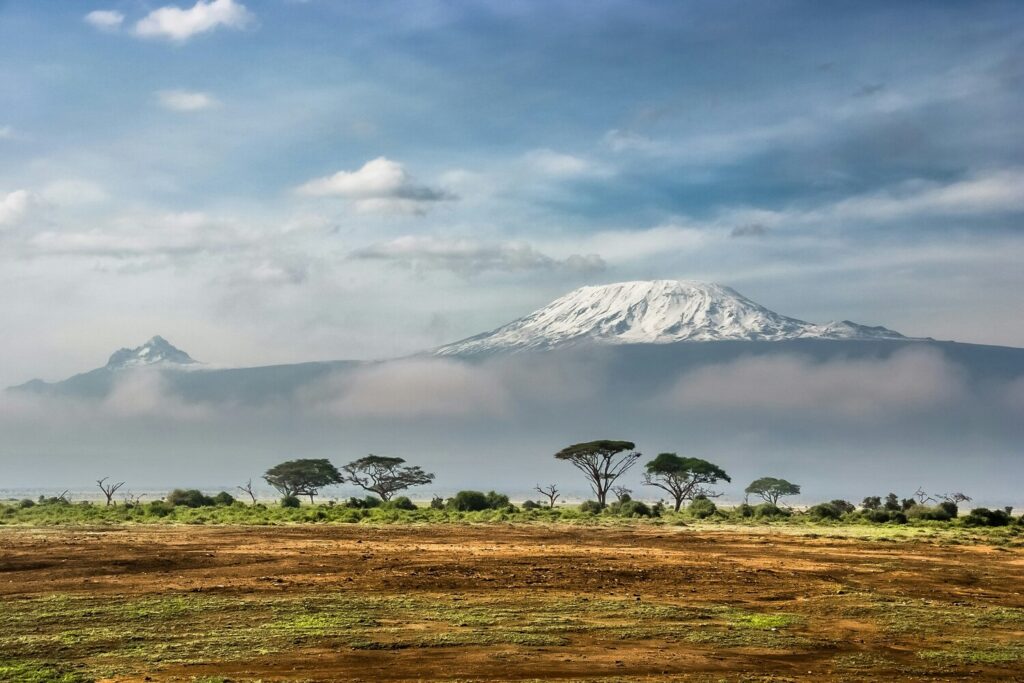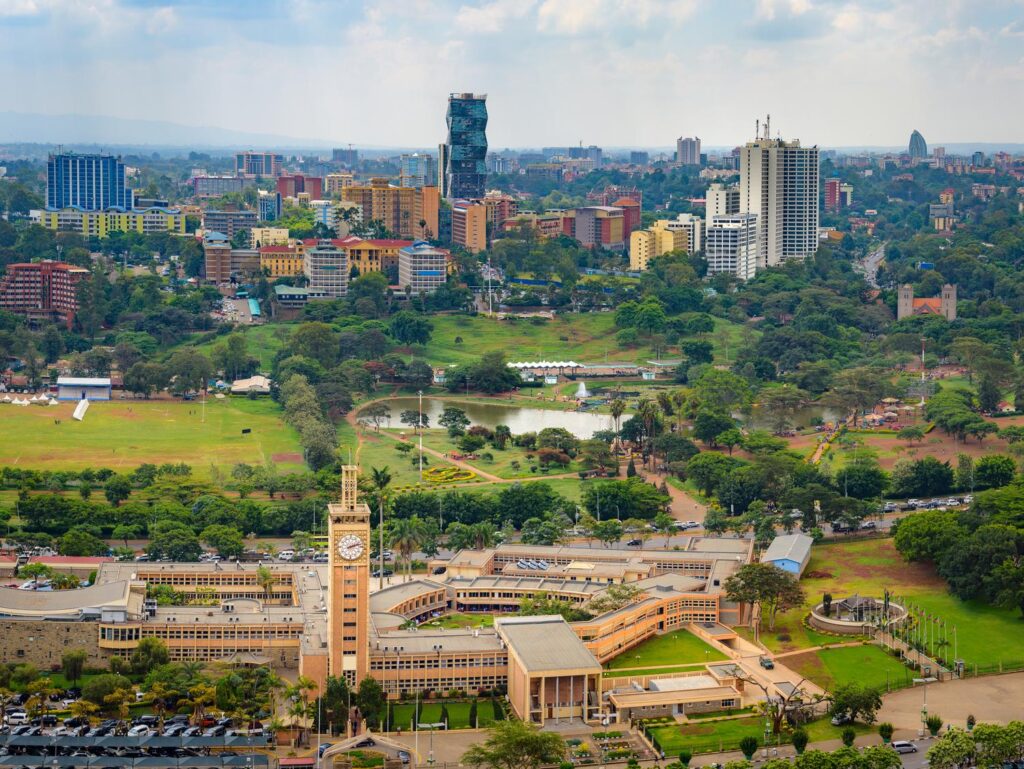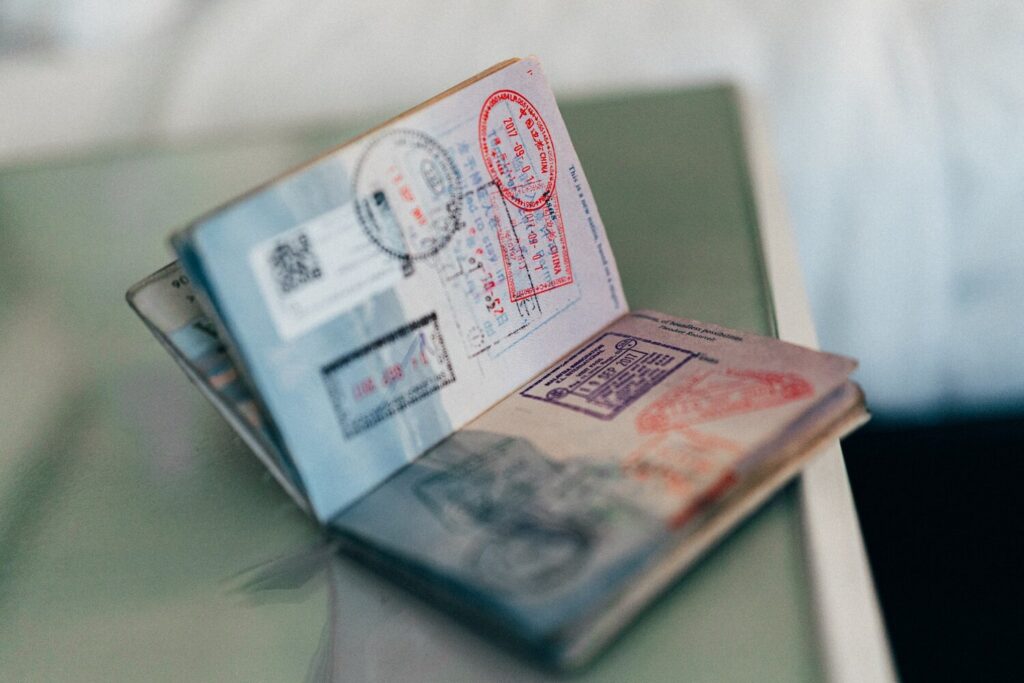
Kenya Becomes the Latest Country to Launch a Digital Nomad Permit
In a move set to revolutionize Kenya’s tourism sector and attract global talent, President William Ruto has announced the launch of a digital nomad work permit for foreigners. This initiative comes on the heels of impressive tourism revenue figures, which shows Kenya’s commitment to positioning itself as a premier destination for both leisure and remote work.
During the opening of the Magical Kenya Travel Expo at Uhuru Gardens on October 2, 2024, President Ruto revealed that Kenya had welcomed over 2 million foreign tourists in 2023, generating approximately $2.4 billion in revenue. This influx of visitors underscores Kenya’s growing appeal as a tourist destination, with the country now setting its sights on an ambitious target of 5 million annual visitors by 2027.
The introduction of the digital nomad work permit is a strategic move to capitalize on the global trend of remote work. This permit is designed to attract digital professionals from around the world and offers them the opportunity to live and work in Kenya while experiencing the country’s natural beauty and high quality of life. Kenya can now be the latest home in Africa for digital nomads.
This initiative builds upon Kenya’s recent efforts to streamline entry for foreign visitors. In January 2024, the country launched a visa-free entry scheme, which has already shown promising results. Within days of its implementation, Kenya received over 9,000 applications for Electronic Travel Authorization (ETA), with 2,141 foreign nationals arriving in the first batch of approved entries.
To further enhance the visitor experience, President Ruto announced the introduction of a Transit and Long Connection Travelers Electronic Travel Authorization (eTA). This innovative program allows transit visitors at Jomo Kenyatta International Airport to step out and explore nearby attractions during layovers, transforming what was once idle waiting time into an opportunity to sample Kenya’s beauty and rich cultural heritage.
The focus on tourism and remote work aligns with Kenya’s broader economic strategy. President Ruto emphasized that tourism is fundamental to the country’s economy, contributing significantly to employment, foreign exchange earnings, infrastructure development, and growth in the hospitality sector. By diversifying its appeal to include both traditional tourists and digital nomads, Kenya is positioning itself at the forefront of global tourism trends.
The digital nomad permit is expected to have a multiplier effect on the economy. Beyond the direct impact on tourism revenue, it is likely to boost demand for long-term accommodations, co-working spaces, and local services, which could also potentially create new job opportunities for Kenyans in various sectors.
With its robust internet infrastructure in major cities, a growing community of international professionals, and a time zone that conveniently overlaps with Europe and Asia, Kenya provides a great balance of productivity and exploration. With its wealth of cultural experiences and the chance to work in a setting of unparalleled natural beauty, Kenya is now poised to become a bigger player on the global scene for digital nomads with its more welcoming policy for remote workers.







Responses